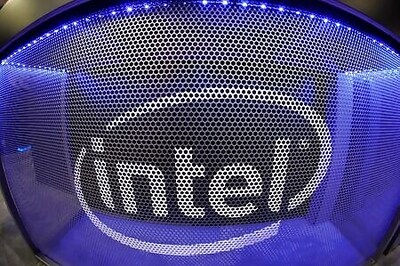
views
The Taliban were founded by Mullah Mohammad Omar, a member of the Pashtun tribe, in Afghanistan in the early 1990s. The word Taliban means ‘students’ in the Pashto language. The singular form ‘talib’ (student) is a loanword from Arabic using the Pashto plural ending ‘an’.
Mullah Omar himself had become a mujahedeen commander to wage a war against the Soviets, who were forced out of Afghanistan in 1989. As the Soviets pulled out, it marked the beginning of the collapse of the Afghan government that had relied heavily on them. By 1992, a Mujahedeen government was formed but suffered from bloody infighting in Kabul.
In 1994, Mullah Omar formed a group of nearly 50 followers in Kandahar. They came to be known as the ‘Taliban’ — the ‘students’ of Mullah Omar. These followers were meant to fight the corruption and crime that prevailed in Afghanistan during the civil war in the post-Soviet period. Several members of Taliban had studied in conservative religious schools in Afghanistan and across the border in Pakistan.
Mullah Omar was aided by Mullah Abdul Ghani Baradar, believed to have fought side-by-side the one-eyed cleric. Like most Afghans, Baradar’s life was forever altered by the Soviet invasion of the country in the late 1970s, transforming him into an insurgent.
From a group of 50, the Taliban went on to become a larger force as people grew disenchanted with the country’s situation and swiftly captured Kandahar, which showed no resistance, and then the capital city of Kabul in 1996.
The unfavourable conditions on the ground created fertile ground for the emergence of the Taliban. The Taliban were generally welcomed by the people, who had lost belief in the courrupt Mujahideen commanders and their forces.
When the Taliban seized the capital, they hanged the nation’s last communist president, Najibullah Ahmadzai, in a public square and declared Afghanistan an Islamic emirate. Following this, began the imposition of its strict interpretation of Islamic law.
Mullah Omar enjoyed a cult-like status as the Taliban’s leader and now his son Mullah Yaqoob heads the group’s powerful military commission, which oversees a vast network of field commanders charged with executing the insurgency’s strategic operations in the war. His lineage and ties to his father serves as a potent symbol and makes him a unifying figure over a sprawling movement.
Meanwhile, following the Taliban’s collapse in 2001 after US forces overthrew them, Baradar is believed to have been among a small group of insurgents who approached interim leader Hamid Karzai with a letter outlining a potential deal that would have seen the militants recognise the new administration.
Arrested in Pakistan in 2010, Baradar was kept in custody until pressure from the United States saw him freed in 2018 and relocated to Qatar. This is where he was appointed head of the Taliban’s political office and oversaw the signing of the withdrawal agreement with the Americans.
(With inputs from AFP)
Read all the Latest News, Breaking News and Assembly Elections Live Updates here.




















Comments
0 comment